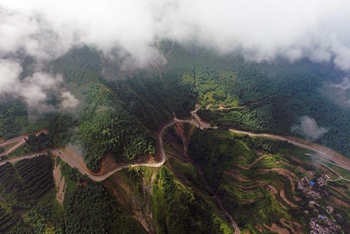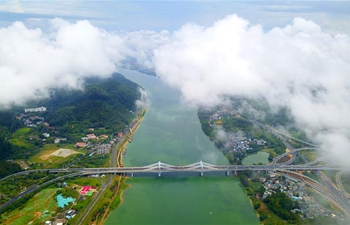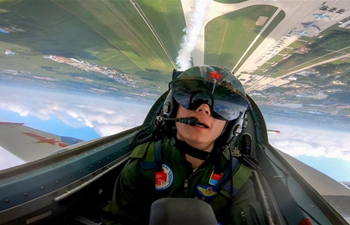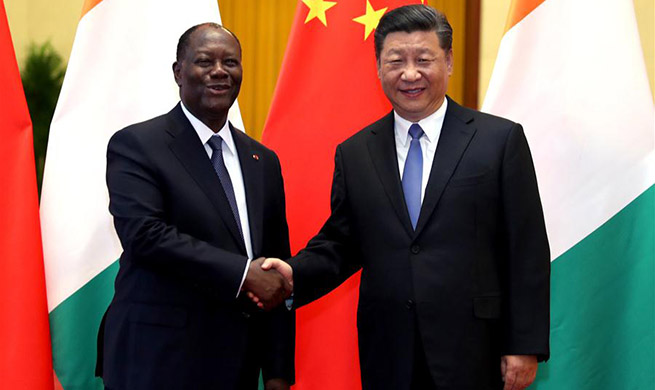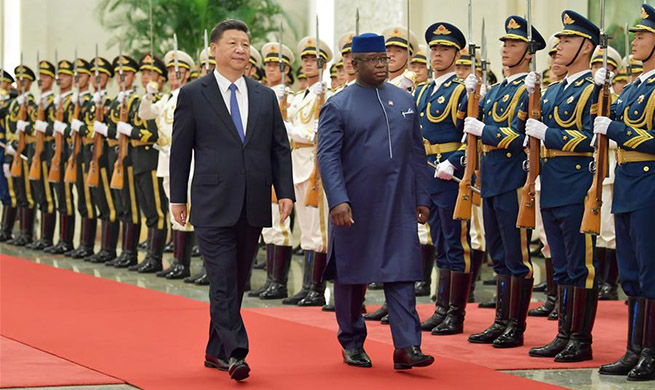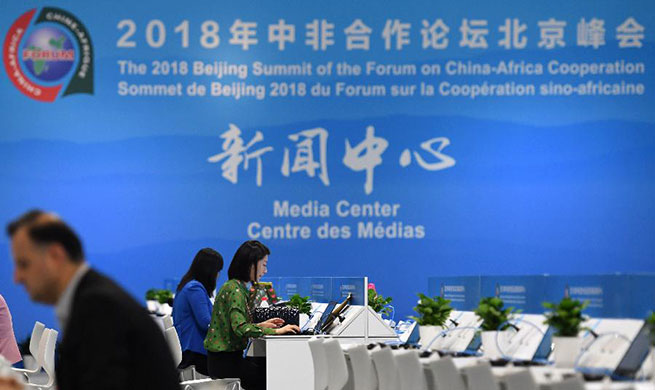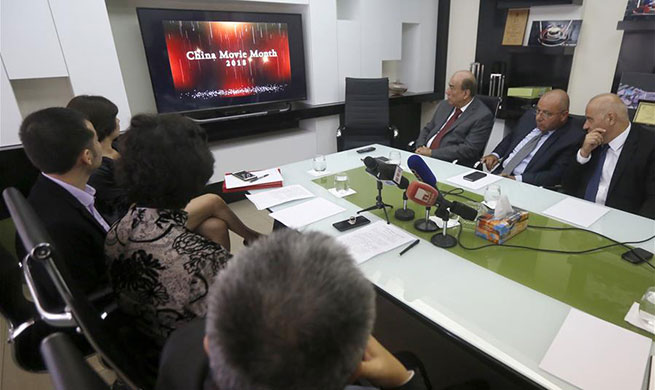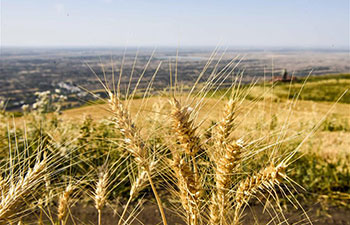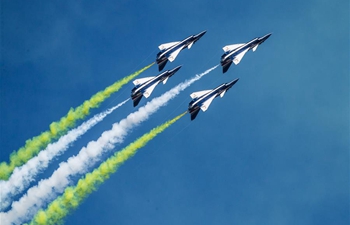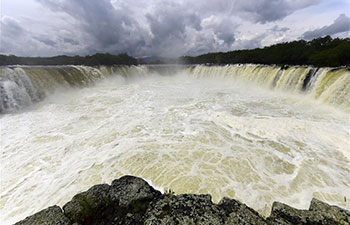by Farid Behbud
KABUL, Aug. 31 (Xinhua) -- Afghanistan is faced with political instability and deteriorating security situation, among other challenges, as it prepares to hold the long-delayed parliamentary and district councils elections in October this year.
Over the past few months, the country has witnessed waves of terror attacks by the Islamic State (IS) outfit and Taliban insurgent group opposing the country's upcoming elections scheduled for Oct. 20.
Since the start of voters' registration process in mid April, some 55 people, including five parliamentary election runners, two electoral workers, several security force members and civilians have been killed during the election-related violence.
Avtar Singh Khalsa, the only Sikhs and Hindu election candidate, together with 18 people, was killed in a suicide bombing on July 1, two days before the Independent Election Commission (IEC) announces the final list of candidates for the parliament.
Another election runner Sayyed Obaidullah Sadaat was killed by unidentified gunmen on July 15, and Jalaluddin Salehi lost life following a gunfight with security forces storming his house in Shamali neighborhood on the outskirts of Kabul on Aug. 25.
Another two candidates were also killed in Kabul and eastern Nangarhar province respectively.
Hamidullah Arefi, editor-in-chief of government-run daily The Kabul Times, in a briefing with Xinhua, attributed the latest murders of the candidates to fear of some circles inside and outside the system that they may lose power if their rivals succeed to make their way into the Lower House of parliament.
The Taliban had also warned people not to take part in the election process.
Abdul Aziz Ibrahimi, deputy IEC spokesman, blamed the security forces for failing to ensure the safety of the electoral nominees.
"Ensuring security of all citizens particularly the election candidates who are part of the election process is a legal responsibility of the security forces," Ibrahimi told Xinhua recently.
Ensuring transparency for the polls has also been a main task for the IEC and the Election Complaints Commission, the Afghan electoral watchdog, as the international community hopes that the Oct. 20 elections would be an improvement from the fraud-tainted 2014 presidential election.
Late in July, the United Nations Security Council called on all parties concerned in the upcoming Afghan elections to uphold the "highest standards of integrity" throughout the "historic process" to ensure that its outcome reflects the will of the Afghan people.
The elections campaign is expected to kick start in late September.
In a wave of protests by the failed nominees, the main IEC headquarters in Kabul and many provincial IEC offices had remained closed for over 12 days, making Afghans doubtful over a fair, timely and transparent election, which the government said it is committed to holding.
Around 2,691 candidates from 33 out of 34 provinces (excluding Ghazni) stood for parliament's 249 seats, another milestone in the war-torn country's electoral history.
Elections in eastern Ghazni province are reportedly delayed by IEC for some reasons, including lack of female candidates for district councils' seats.
The first parliamentary election in the post-Taliban Afghanistan was held in 2005 while the second parliamentary polls took place in 2010.
However, the 2015 parliamentary polls, originally set to be held in early 2015 following presidential elections, were repeatedly delayed.
Over 9 million registered voters, including 3 million women, will cast their ballots to elect members of the 249-seat lower house of parliament for a five-year term while they will also vote to elect members of the district councils.
